Our agents will assess your needs and help you chose appropriate life insurance coverage.
The amount of life insurance you select should be dependent on your personal and financial needs. Generally, you should consider life insurance if you have:
- A spouse
- Dependent children
- Aging parents or a physically-challenged relative who depends on you for support
- Retirement savings that is not sufficient to ensure your spouse's future financial well-being
- A sizable estate
- A business
Life changes. So should your life insurance policy.
As events happen in your life, your life insurance coverage may need to change to adapt to your current needs. Some life changes that may require you to evaluate your coverage include: marriage, divorce, a new baby, purchase of a new home, and retirement.
Types of Life Insurance
There are several different types of life insurance products available. The most common include term and whole life insurance.
Term life insurance
Term provides life insurance protection for a specified period of time. If you do not currently have life insurance, term can be a good place to start. It's generally less expensive than permanent life insurance, and is available in varying term periods with fixed premiums from a one- (annual renewable term) to 30- year period (level term). Furthermore, term insurance is sometimes convertible to permanent coverage, providing you with flexibility as your needs change.
Whole Life Insurance
Whole life is a form of permanent life insurance that remains in force during the insured person's lifetime, provided premiums are paid as specified in the policy. Whole life insurance can build cash value.
Life Insurance Knowledge
Life insurance generally falls into two categories: Term insurance and Permanent insurance.
Term Insurance is designed to meet temporary needs. It provides protection for a specific period of time (the "term") and generally pays a benefit, death benefit, if you die during the term. This type of insurance often makes sense when you have a need for coverage that will disappear at a specific point in time. For instance, you may decide that you only need coverage until your children graduate from college or a particular debt is paid off, such as your mortgage. Term insurance is also paired with permanent insurance to improve the coverage potential in a clients portfolio.
Permanent insurance provides lifelong protection. With a permanent insurance policy, you own the policy. As long as you pay the premiums, and no loans, withdrawals, or surrenders are taken, the full face amount will be paid. Permanent life insurance accumulates cash value that can be used to pay premiums if needed during the policy contracts or will be added to the death benefit when the policy pays the final pay out.
Remember, the best way to determine the amount and type of life insurance that fits your particular situation is to meet with a qualified and licensed life insurance professional from True Pacific Insurance Services.


